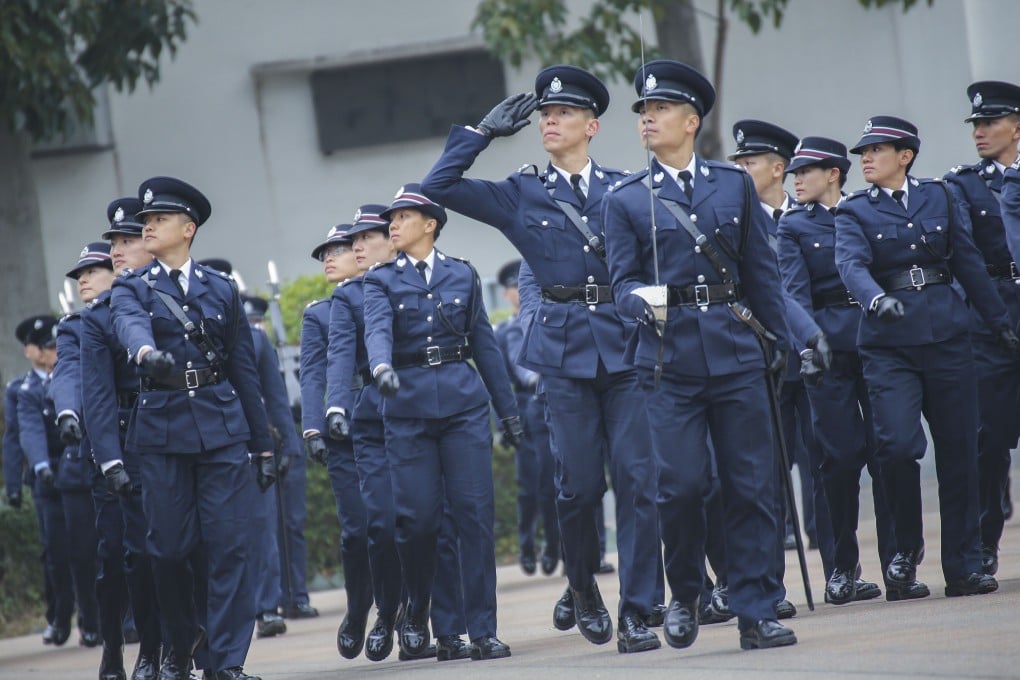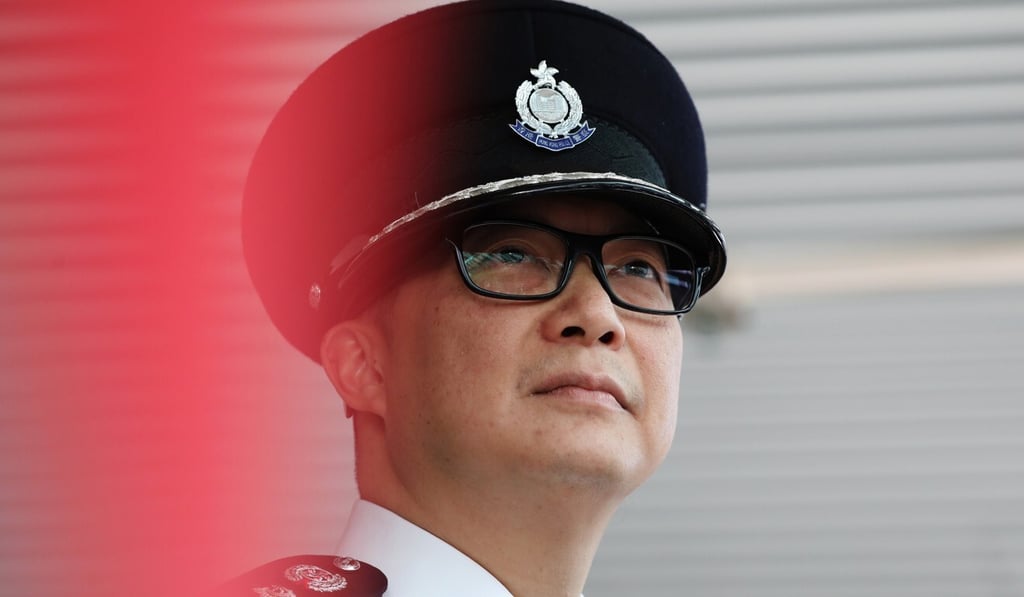Hong Kong’s police credit union shifts billions in assets to mainland banks, citing exposure to US sanctions over national security law
- Credit union tells members they have been ‘gradually withdrawing or relocating most of our assets and investments from foreign banks’ since May
- Police chief Chris Tang and his predecessor, Stephen Lo, were among 11 local and mainland officials specifically targeted last week by economic sanctions

The union on Monday informed its 45,000 members, which include current and retired police officers, that it had been moving the assets to mainland banks in the city since May, as they fear their assets could be compromised.
The revelation came as the Donald Trump administration last week imposed economic sanctions on 11 local and mainland Chinese officials, including Hong Kong leader Carrie Lam Cheng Yuet-ngor, as part of a series of measures designed to punish Beijing for the sweeping security law it imposed on the city this summer.

Among those targeted were retired police commissioner Stephen Lo Wai-chung and his successor, Chris Tang Ping-keung.
Enacted in June, the national security law criminalises a broad range of behaviours under the four categories of secession, terrorism, subversion and collusion with a foreign power.